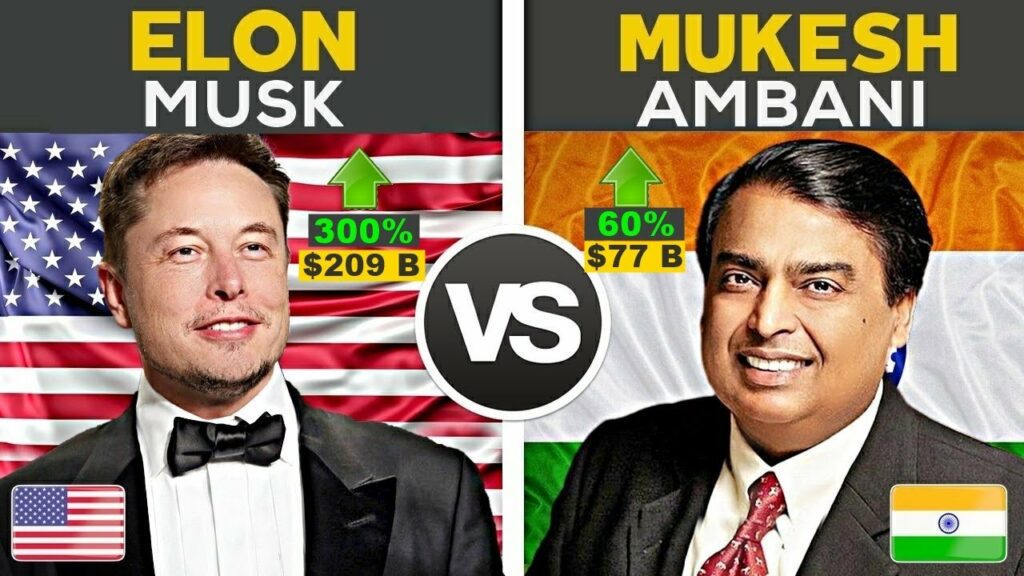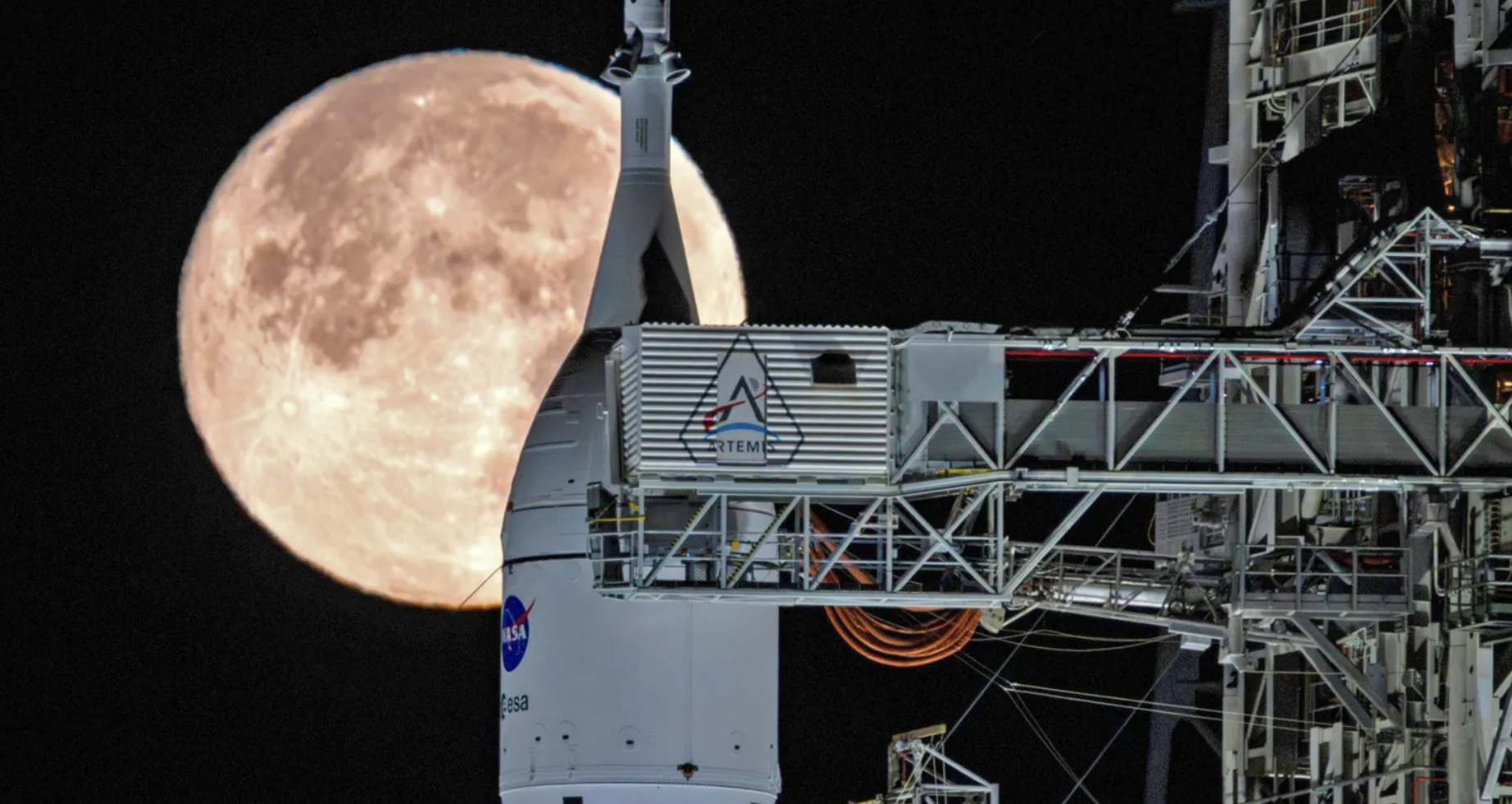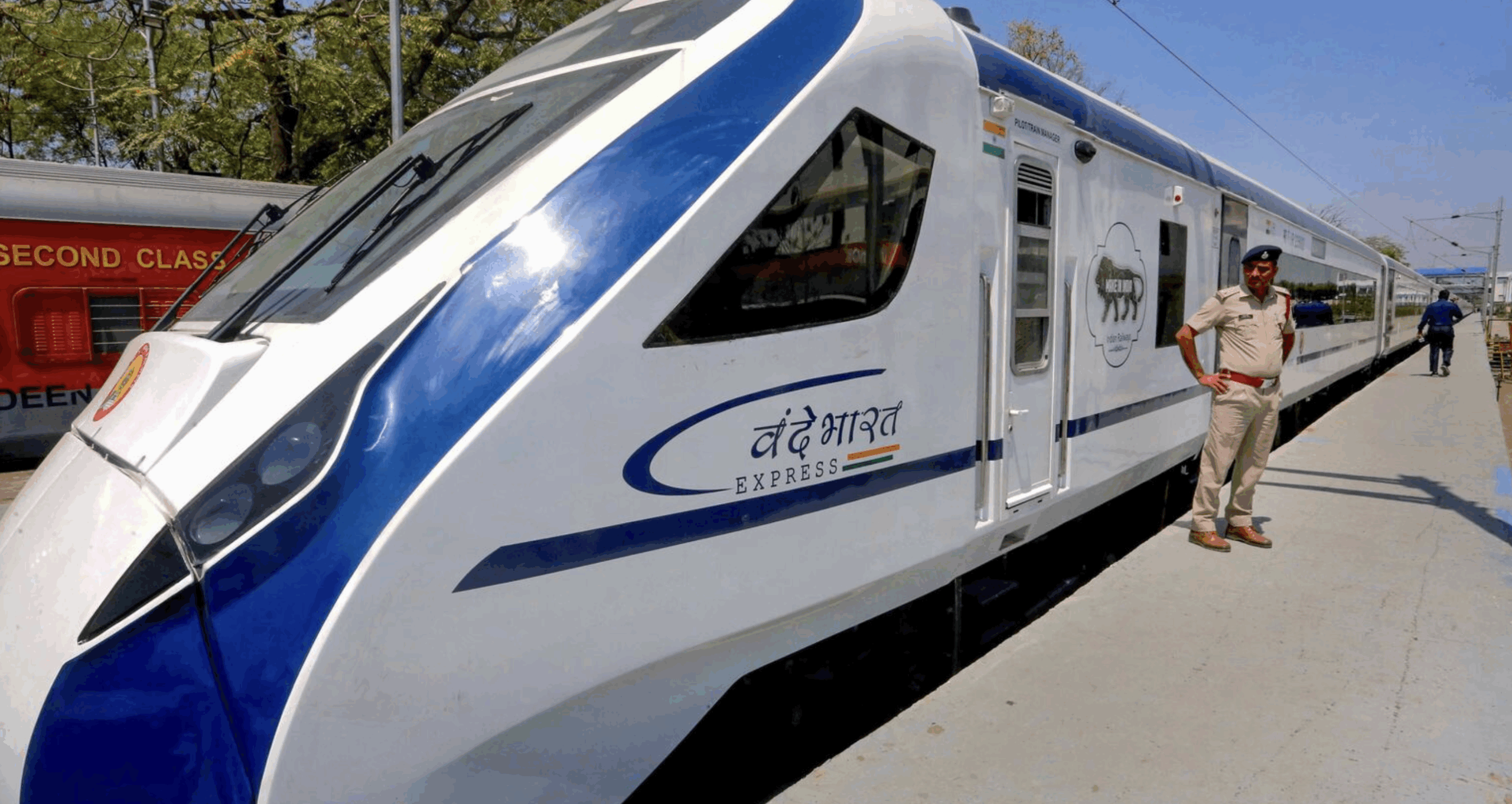Mukesh Ambani-led Reliance is challenging the telecom regulator, TRAI’s, decision to allocate satellite broadband spectrum rather than auction it. This intensifies its competition with Elon Musk’s Starlink, which supports administrative allocation. The disagreement revolves around how satellite spectrum for home broadband services should be distributed in India.

Auction or Allocation?
The issue stems from differing interpretations of Indian law. Reliance argues that the current system paves the way for an unfair allocation process favoring foreign players like Starlink, which is keen to enter India’s market. Starlink and global peers like Amazon’s Project Kuiper support administrative allocation, while Reliance believes an auction is necessary to ensure a fair and competitive market.
TRAI’s Stance and Public Consultation
TRAI has launched a public consultation on the issue, but Reliance criticized the process in a private letter dated October 10, claiming the regulator has prematurely concluded that allocation is the appropriate route. Reliance insists that TRAI has not conducted enough studies to justify this decision and wants the process restarted.
A Growing Market
India’s satellite broadband market is set to grow by 36% annually, reaching $1.9 billion by 2030, according to Deloitte. The sector is seeing interest from global players, including Tesla’s Elon Musk, who aims to bring Starlink to India. Starlink argues that administrative allocation aligns with global trends, but Reliance insists an auction is essential to protect domestic players and create a level-playing field.
Implications for India’s Telecom Industry
The outcome of this dispute could shape the future of India’s satellite broadband market. If allocation proceeds, foreign players like Starlink may gain a competitive advantage, potentially offering voice and data services that compete with traditional telecom companies. However, an auction process could ensure a more balanced market, giving Indian companies like Reliance Jio a better footing against global competition.












